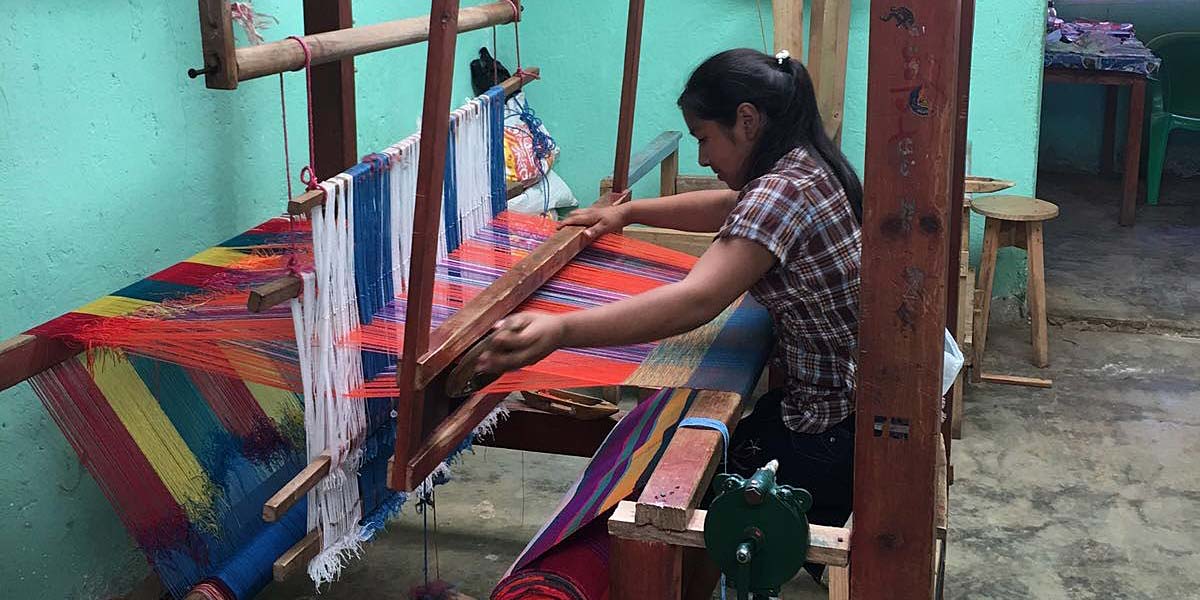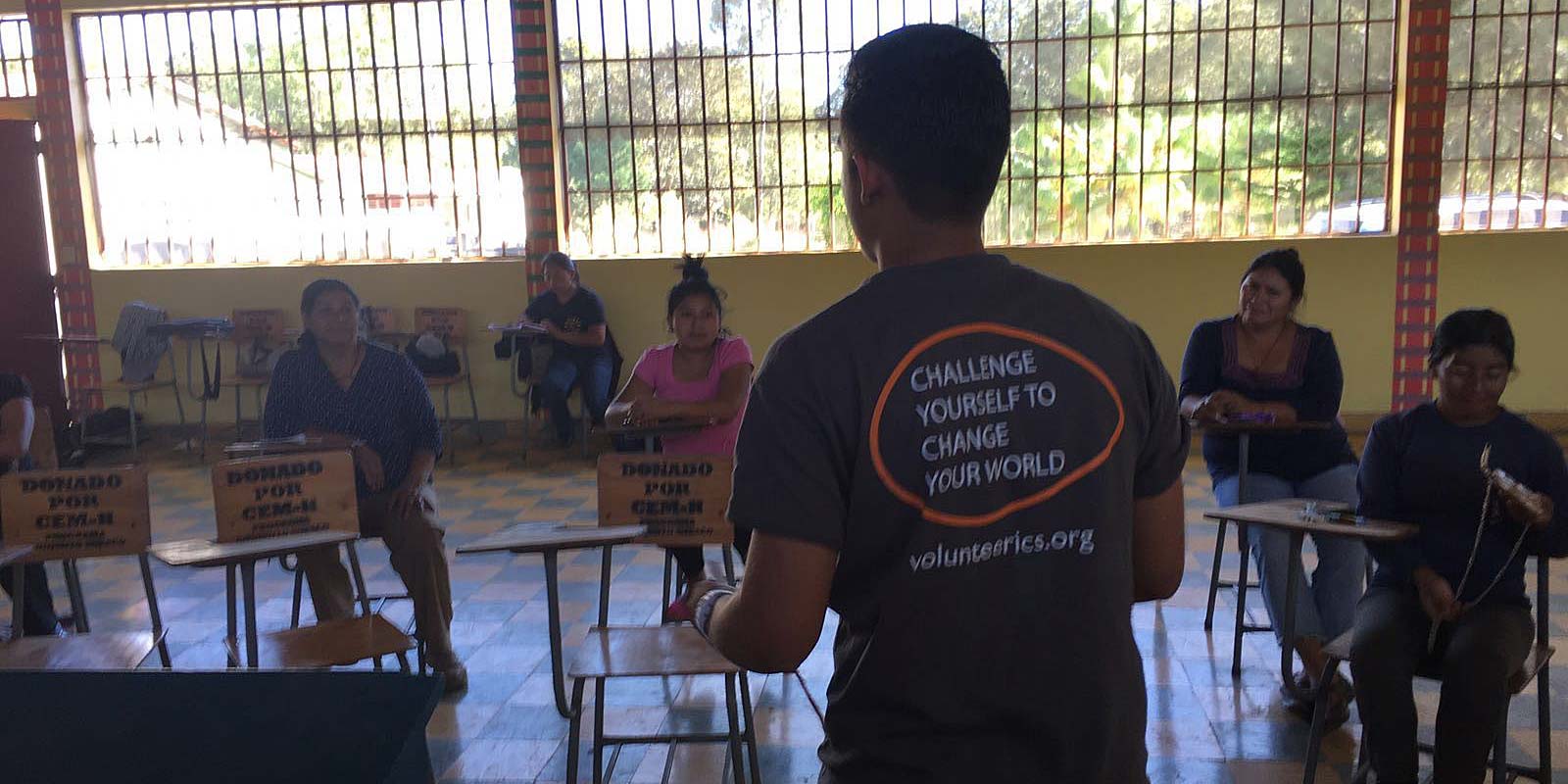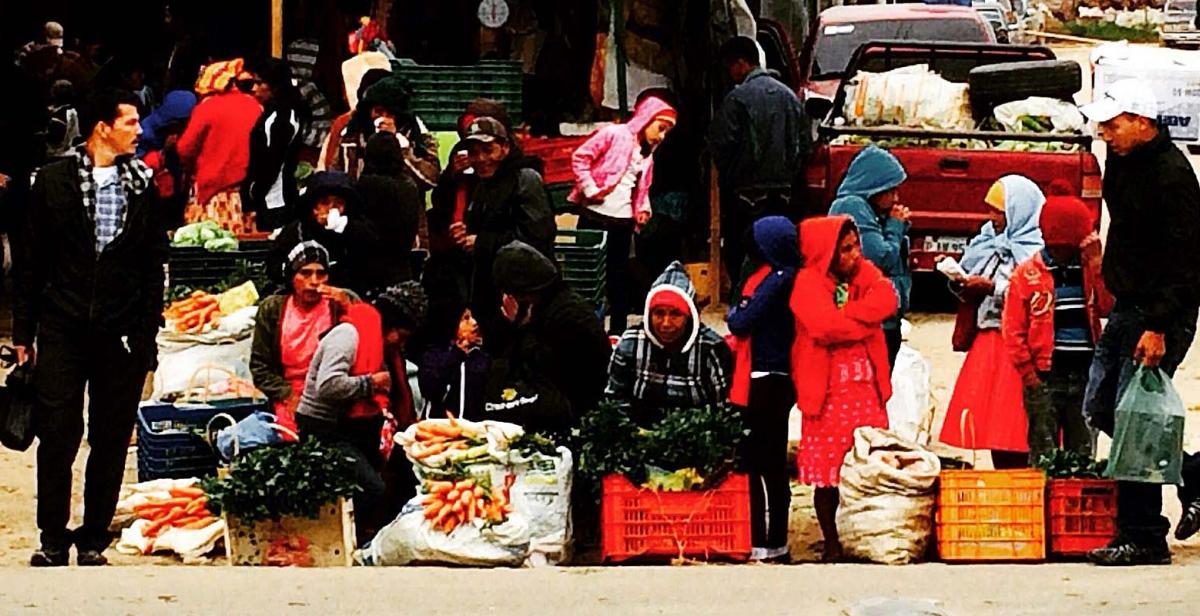This week I thought that I would talk a bit about one of the projects that Team La Esperanza is working on during our time in Honduras. One of our key aims is to help a group of local Lenca women to set up and run small businesses in handicrafts. The Lenca people are the largest indigenous group in Honduras, with a population of approximately 100,000. They have a rich culture, which became mixed with that of the Spanish colonisers, yet they still retain much of their indigenous heritage.
However, Lencan ancestry comes at a price. Like other indigenous groups in Latin America, Lencas suffer higher rates of poverty and malnutrition, and tend to have poorer health and lower life expectancy than the rest of the Honduran population. Women in the Lenca community suffer a double disadvantage because of both their race and their gender.
Being a woman in Honduras is not a barrel of laughs. The country is frequently described as one of the most dangerous places to be a woman, with a woman murdered approximately every 13 hours. They are treated as second-class citizens and expected to perform traditional roles as housewives and child-rearers, spending their lives dutifully caring for the men who are statistically their greatest threat.

The social subordination of women in Honduras is reflected in their economic situation. Only 32.8% of women are in work as opposed to 67.2% of men; furthermore, their earnings are significantly lower than those of men for performing the same tasks. The sector which provides the most employment for women is textiles, in which working conditions are poor and wages frequently do not even meet a third of their living costs.
This should give you some idea of what we are up against.
The Lenca women we are working with have many marketable skills. They are very capable at handicrafts, especially with textiles as we learned when we tried to show them how to make tote bags and instead ended up receiving a lesson ourselves. They just need some assistance with business management and some initial capital in order for them to use their skills to earn money for themselves and their families. That is where we come in.

Why target economic participation when women face so many other problems in Honduras? Many of these problems are the result of persistent cultural attitudes, which are difficult to shift, yet economics also plays a key role. The inferior economic position of women reinforces their social subjugation since for many Honduran women, having a husband is not only a cultural norm but an economic necessity. If our group of Lenca women could make livelihoods for themselves through their handicrafts, it would decrease their reliance on men and begin tentative steps towards greater gender equality.
British history provides some hope for the women of Honduras. It was the increased economic participation of women in the UK, as a result of the First World War, which provided the impetus for their political emancipation and later, when combined with a mass social movement in the form of feminism, greater social empowerment. Since we are not allowed to initiate any major geopolitical conflicts or widespread protest movements during our placement, we must hope that in some small way our work to increase the economic empowerment of our group of Lenca women, feeds in to the larger struggle for gender equality in Honduras.
Written by ICS volunteer Mark Normington. Photos by Edward Da Silva Ali.



